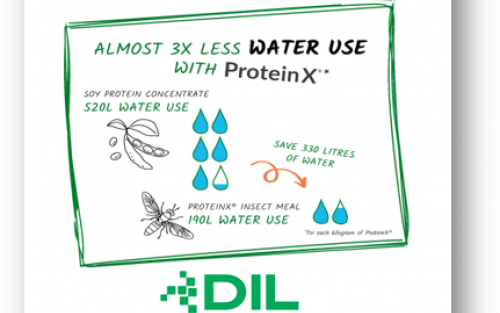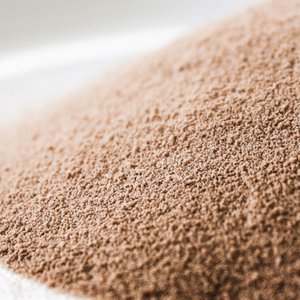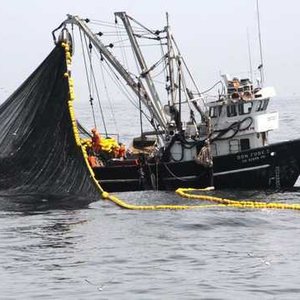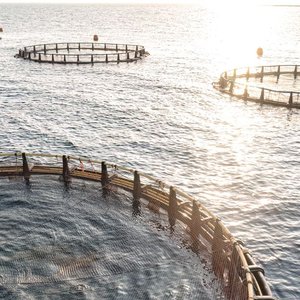Protix has released the results of the Life Cycle Assessment (LCA) that the Deutsches Institut für Lebensmitteltechnik (DIL) has carried out for its insect-based ingredients.
DIL’s LCA study shows that feed manufacturers can reduce their ecological footprint using Protix’s ingredients considering not only CO2 emissions, which are considerably lower for Protix’s insect-based ingredients than common ingredients such as soy protein concentrate, palm kernel oil or fishmeal, but also land and water use. The company’s ingredients already scored better than alternative ingredients in the company’s first peer-reviewed LCA in 2019 and even better scores can be expected in the future, the company said.
ProteinX® insect meal has a footprint of 1.149 kg CO2 equivalent, almost seven times lower than soy protein concentrate (7.5 kg CO2 equivalent) often used in aquafeed. Furthermore, each kilogram of ProteinX® reduces water consumption by 330 liters (190 liters vs 520 liters for soy protein concentrate).
“We are delighted that these LCA findings confirm the sustainability of our products. Following the opening of our first-in-world 14,000 m2 production facility in the Netherlands in 2019, we are now in a position to build on our results and expand internationally. With new international production plants, we are confident of achieving even better sustainability results,” said Kees Aarts, CEO and joint founder of Protix.
Protix is now targeting further growth and will create a broader scientific basis for its portfolio through collaboration with its customers, scientific and academic institutions, and other stakeholders.













